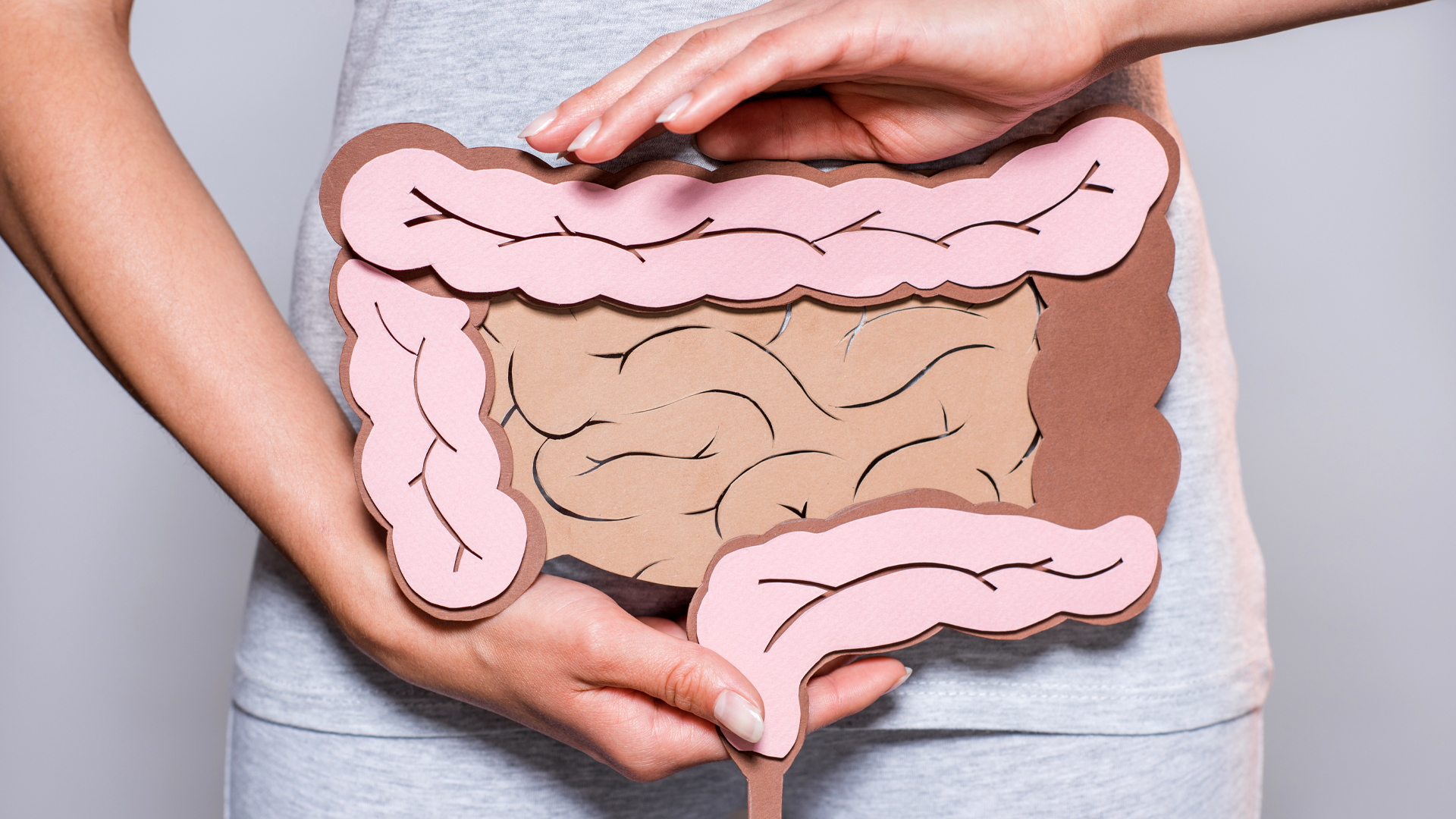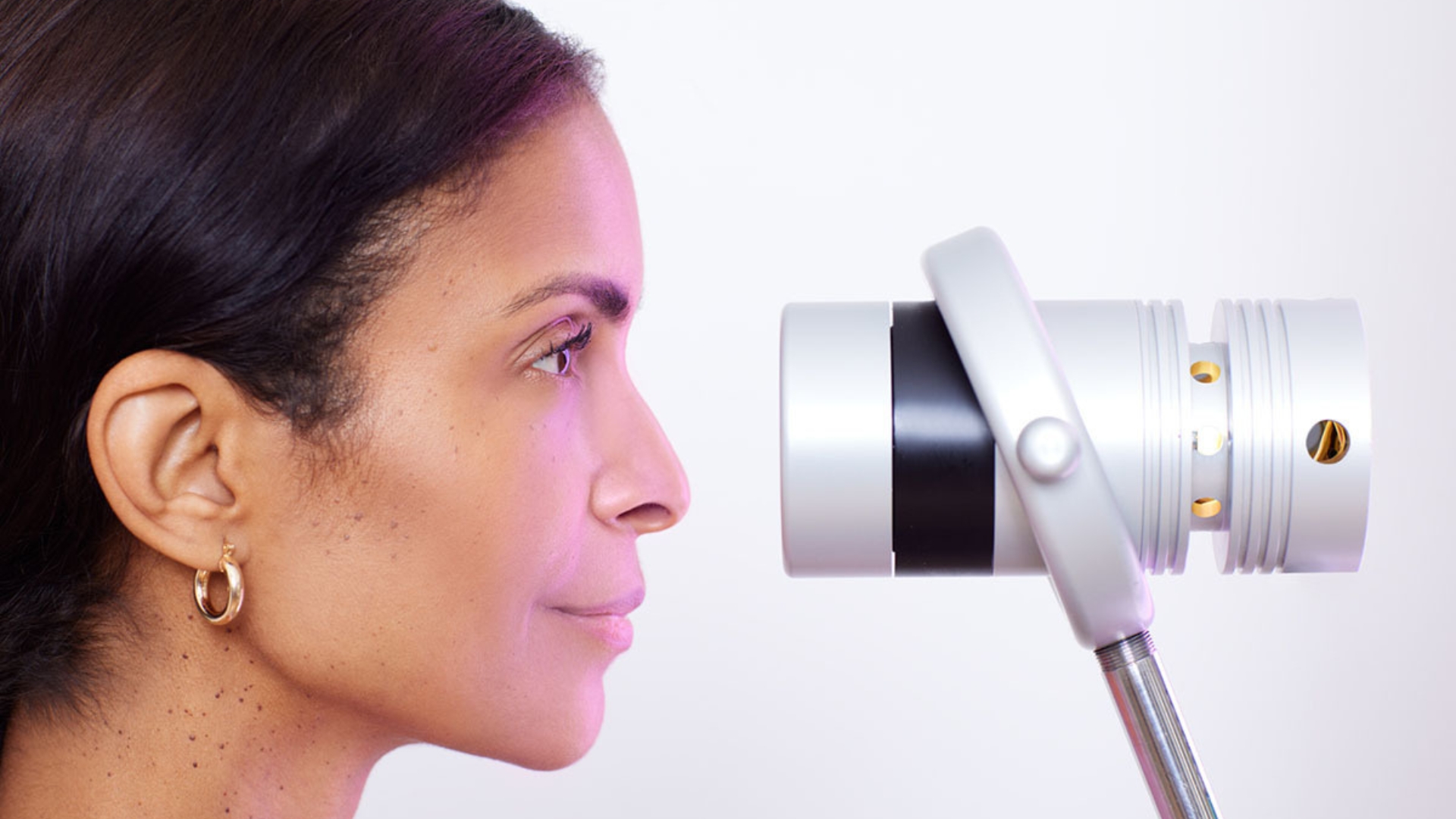Colon Hydrotherapy: Everything You Need to Know
Are you curious about colon hydrotherapy but hesitant to try it out? Well, look no further because we’ve got everything you need to know! From the benefits and risks to what exactly happens during a session, this blog post has got all the information you need. What is Colon Hydrotherapy?
What is Colon Hydrotherapy?
Also known as a colonic, colonic irrigation, or colonic lavage, colon hydrotherapy is a type of detoxification therapy that involves flushing the colon with warm water. There are many benefits of colon hydrotherapy including improved digestion and elimination, increased energy levels, and reduced bloating.
There are a few different ways to perform colon hydrotherapy, but the most common method involves lying on a table with a small tube inserted into the rectum.
The therapist will then slowly pump warm water into the colon, which will help to loosen and remove waste matter. The entire process usually takes between 30 and 60 minutes.
Colon hydrotherapy is generally considered safe, although there are some risks involved, including dehydration, electrolyte imbalance, and infection.
Because of these concerns, it is important to only receive treatment from a qualified practitioner in order to minimize these risks.
The Different Types of Colon Hydrotherapy
There are three main types of colon hydrotherapy: gravity-based, pump-based, and closed system. Each type has its own set of benefits and drawbacks.
Gravity-based colon hydrotherapy is the most common and oldest type of therapy. It uses a gravity-fed system to slowly drip water into the colon.
The main benefit of this type of therapy is that it is very gentle and can be done in the comfort of your own home.
However, gravity-based colon hydrotherapy is not as effective as pump-based or closed system colon hydrotherapy. The downside is that it can take a long time for the therapy to work and you may need to have several sessions before you see any results.
Pump-based colon hydrotherapy is a more aggressive form of therapy that uses a pump to push water into the colon at a faster rate. This type of therapy is often used in clinical settings and can be more effective than gravity-based therapy, but it can also be more uncomfortable.
Closed system colon hydrotherapy is the newest type of therapy and is showing to be the most effective form.
Using a closed system, such as a mini-colonoscopy, to deliver water directly into the colon, closed system colon hydrotherapy is the most effective form because it delivers water directly into the colon. This means that it is faster and more effective than gravity-based and pump-based colon hydrotherapy. Further, the closed system means that the water is recycled, reducing the risk of contamination.
Although closed system colon hydrotherapy is the most effective and efficient, it is also the most expensive.
Safe Colon Hydrotherapy
Although colon hydrotherapy should be performed by practiced health professionals, it can also be performed in more informal locations like spas, resorts, or from home. This introduces some potential risks, and it’s important to be aware of these before you sign up for this therapy. Below are some tips to ensure the safest possible administration of colon hydrotherapy.
Safety Tips:
- Colon hydrotherapy can help break down food and eliminate waste more effectively by flushing out the colon with water. But make sure that the water is adequately filtered and sterilized so that you reduce the risk of infection and support proper nutrient absorption.
- Colon hydrotherapy leads to the release of toxins from the body, this can result in worsening symptoms and unwanted side effects like headaches, dizziness, or temporarily worsened digestion.
- Some studies have shown that colon hydrotherapy may help promote weight loss by reducing calorie absorption and increasing bowel movements. However, more research is needed to confirm these effects.
- When performed by a trained professional in a sterile environment, colon hydrotherapy is considered safe for most healthy adults (though there are some exceptions), such as people with prior surgery of the colon, a history of kidney or heart disease, or people diagnosed with diverticulitis, Crohn’s disease, or colitis.
- Complications are rare but can include perforation of the intestine or dehydration from excessive fluid loss.
How to Prepare for Colon Hydrotherapy
If you’re considering colon hydrotherapy, it’s important to know how to prepare for the procedure. Here are a few things you should do before your appointment:
- Schedule an initial consultation with the therapist. This is a good time to ask any questions you may have about the procedure.
- Stop eating solid foods for 24 hours before your colonic. You can drink clear liquids, like water and juice, but avoid caffeine and alcohol.
- Avoid taking laxatives the night before your colonic, this may lead to dehydration and electrolyte imbalance.
- Arrive at your appointment hydrated. Drink plenty of water in the days leading up to your appointment so that you’re well-hydrated for the procedure.

What to Expect During and After Colon Hydrotherapy
During a colon hydrotherapy session, you will lie on a comfortable table while a certified therapist inserts a small, sterile tube into your rectum. The tube is connected to a machine that gently flushes warm, filtered water into your colon.
You may feel slight cramping and bloating as the water enters your system, but this should subside as the therapy progresses. Most sessions last between 45 and 60 minutes.
After the session, you will likely feel lighter and more energized. You may also have an urge to go to the bathroom as your body eliminates the water and waste that was flushed from your system.
Is Colon Hydrotherapy Right for You?
Colon hydrotherapy is a safe and effective way to remove toxins from the colon, helping improve digestive health and overall well-being. The procedure is simple and noninvasive, taking only a few minutes depending on your individual needs.
However, there are some potential risks associated with colon hydrotherapy, including perforation of the intestine or dehydration from excessive fluid loss.
If you’re considering this therapy, be sure to speak with your doctor first. With all this in mind, we hope this article helped give you a better understanding of what colon hydrotherapy is and how it could benefit you or someone else in your life.
Disclaimer: The statements made in this article have not been evaluated by the Food and Drug Administration. Any products or treatments mentioned are not intended to diagnose, treat, cure, or prevent any disease. Please consult a licensed medical practitioner for medical advice.
At Innovative Medicine, we believe in transparency. We want you to know that we may participate in affiliate advertising programs pertaining to products mentioned herein.
See how we can help you restore complete health of body, mind & spirit.
Join our mailing list and receive exclusive offers + information!







Leave a Reply
Want to join the discussion?Feel free to contribute!